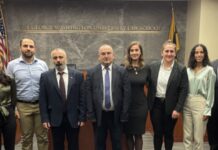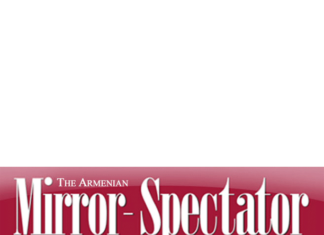By Edmond Y. Azadian
Against the backdrop of bloodbaths raging in Syria and Iraq, the drumbeat of a looming new war was too much for the international community to bear. Finally the United Nations Security Council’s unanimous vote on September 27 arrived just in time to bring a sigh of relief to the war-weary world.
The UN vote was the work of responsible leadership on all fronts to avert another disaster in the Middle East.
All of the participants — from the east and west — will enjoy the peace dividends of that historic vote. Armenia being in the proximity of that region will also become one of the beneficiaries of this new development.
What has come to be known as the Arab Spring is a sinister process of dismantling stable and prosperous countries in the Middle East to eliminate all real and presumed threats to Israel. Iraq and Libya were destroyed under the false pretenses of bringing democracy to those countries. The aftermath of those debacles is too obvious for any statesman to draw the right conclusions.
During the trigger-happy administration of Bush-Cheney, Israeli Prime Minister Benjamin Netanyahu did not need too much arm-twisting in Washington to draw the US into disastrous adventures.









